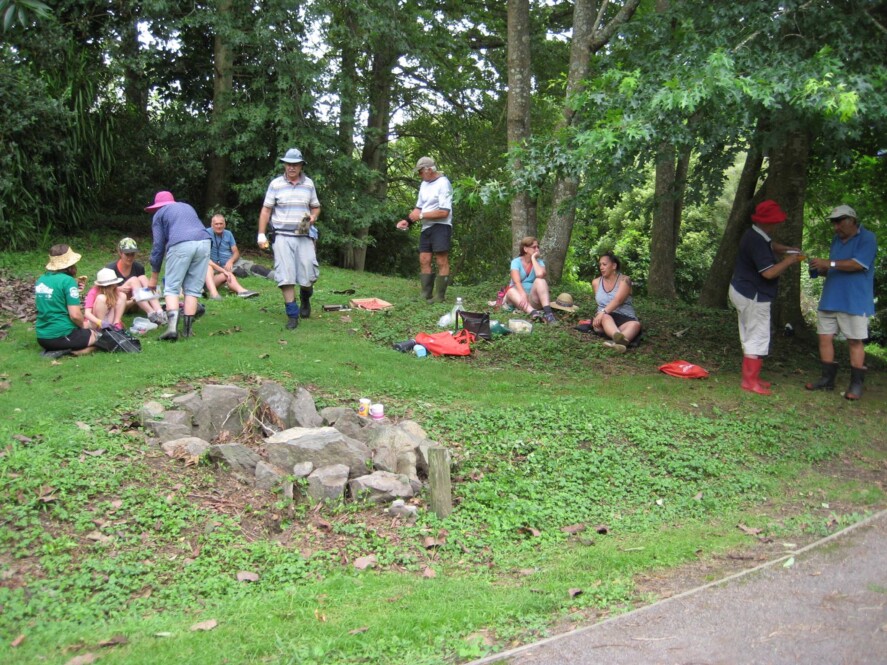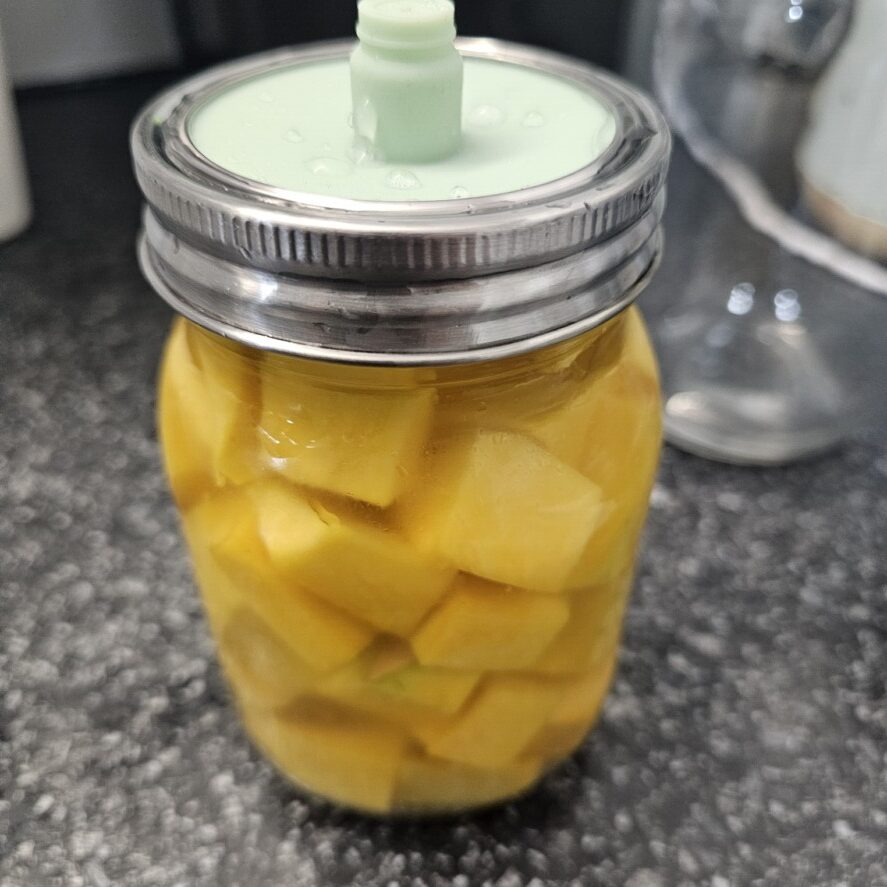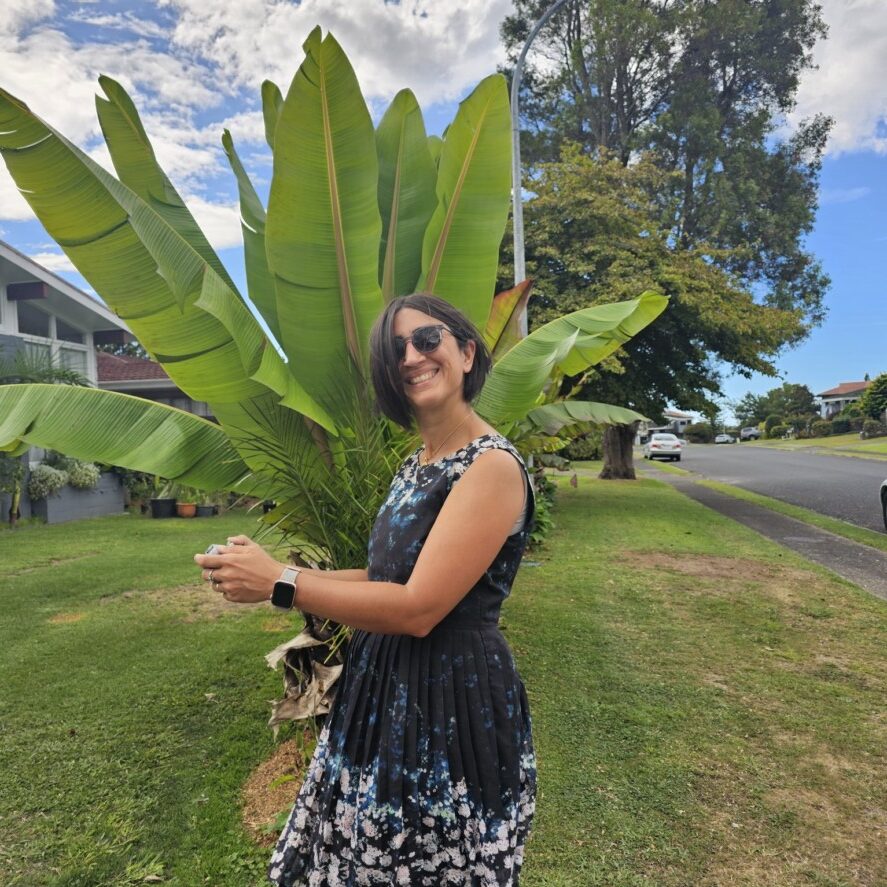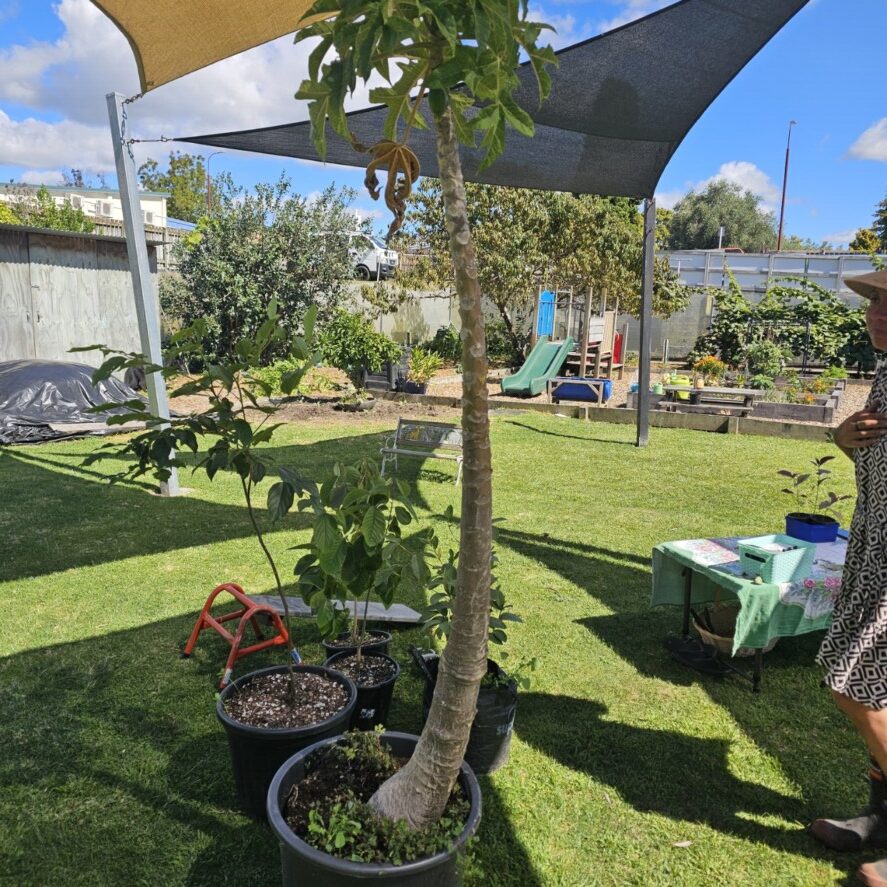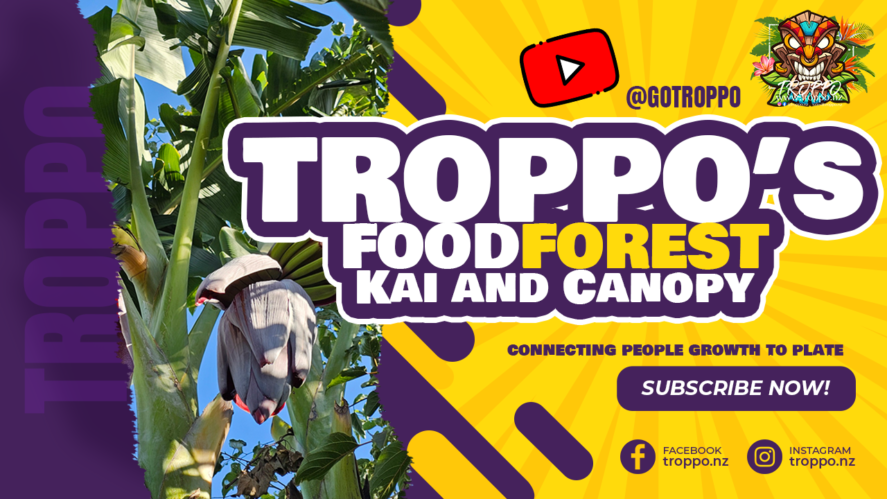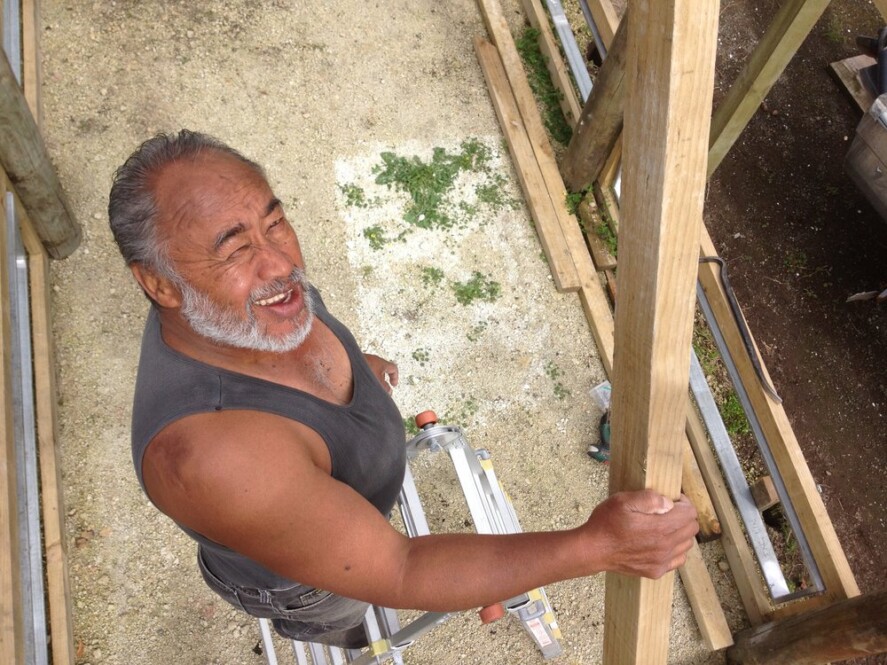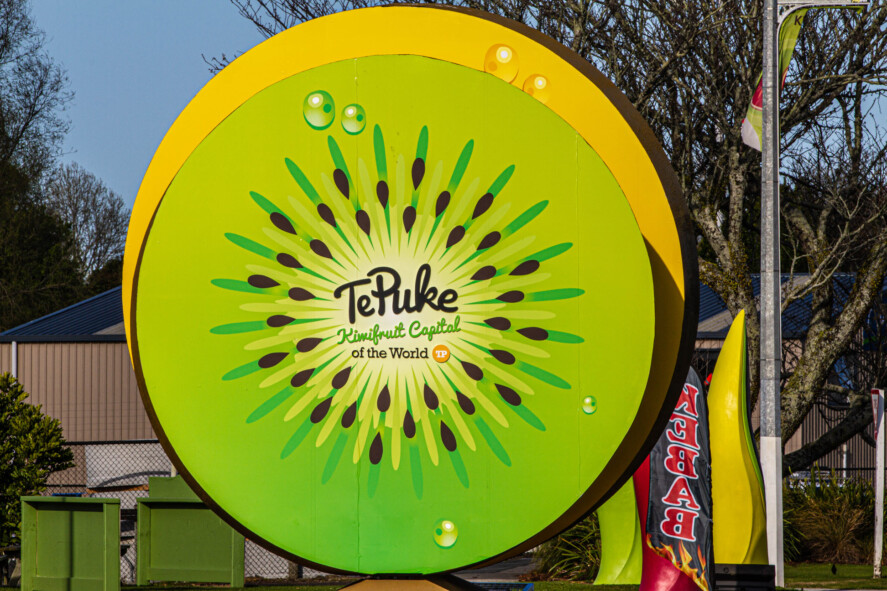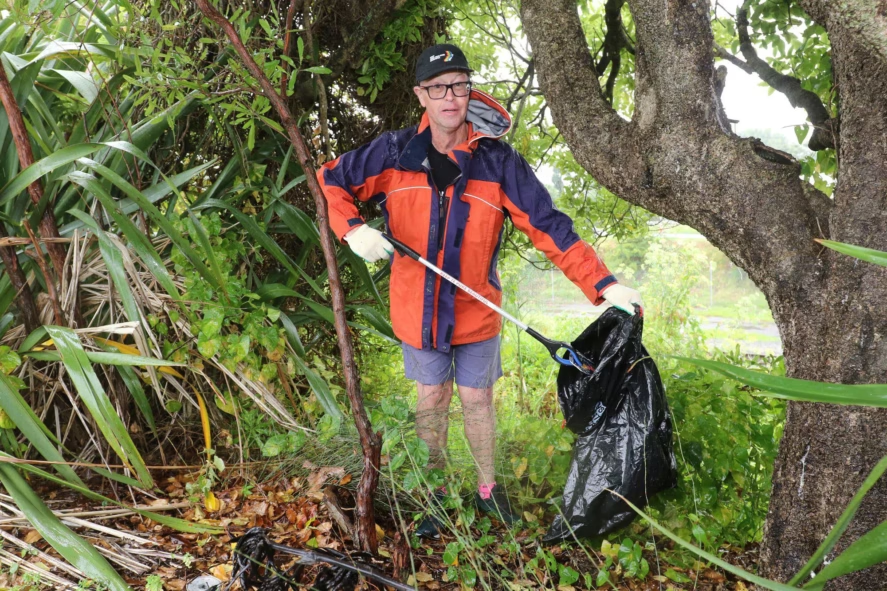-
Troppo Plant & Garden Articles
- Delicious Recipes
- TROPPO’s Food Forest in Te Puke, BOP (www,foodforest.org.nz)
- Troppo’s Plant Collection
- TROPPO's Nursery Directory
- Food Forests of New Zealand (www.foodforests.nz)
- Nursery Map - Plant Suppliers of NZ Directory (www.nurserymap.nz)
- Kids Garden Corner
- New Zealand Garden Bird Survey
- New Zealand Garden Groups
Wetlands restoration in Te Puke with FRUITION’s Hei Whanake

As part of Vector Group Charitable Trust, Troppo is documenting the comprehensive wetlands restoration project in Te Puke, Bay of Plenty. Today marked the commencement of planting a significant number of native flora, a crucial step in rejuvenating our region’s natural resources. In a few weeks, these plants will be introduced to flooding, simulating natural wetland conditions. Subsequent planting phases are scheduled to follow, ensuring a robust and diverse ecosystem.
Leading the planting efforts is Raponi Wilson, whose dedication to the restoration of the wetlands has been instrumental in bringing this project to life. Under his guidance, teams worked tirelessly to prepare the site, ensuring each plant was placed with care to support long-term ecological success.

During the pre-filming preparations for the Youth/Rangatahi segment, I had the privilege of meeting Mike Hauraki, a dedicated Level 2 Tutor for Fruition Horticulture based in Te Puke—the Kiwifruit capital of the world. Mike is deeply committed to working with rangatahi, especially those who may not fit the traditional school model. His passion is rooted in his whānau’s longstanding involvement in rangatahi and whānau support services in the area. Through the Hei Whanake programme, Mike guides young individuals to develop essential soft skills needed for the workforce while they earn a Level 2 Certificate in Primary Industry Skills, all within a supportive and safe environment. This mahi is where his heart lies.
The Hei Whanake programme is a 13-week course focusing on soft skills required for the workplace and basic horticultural training. It prepares rangatahi (16-24 years) to enter New Zealand’s primary industries, particularly horticulture, and is fully funded, providing pastoral care, mentorship, and even a pick-up and drop-off service. Successful graduates gain the New Zealand Certificate in Primary Industry Skills (Level 2), opening up employment opportunities in the industry.

The planting process presented its challenges. Digging holes was arduous due to the dense network of tree roots beneath the mud. Some grasses were root-bound, making them difficult to remove from their planters. Despite these obstacles, the team, under Raponi’s leadership, engaged in collaborative problem-solving—spades digging, feet stomping plants into place, and continuous discussions to ensure the project’s success.
This restoration project not only revitalizes our local environment but also instills a sense of pride in our community. By involving our youth in such meaningful endeavors, we empower them to contribute actively to preserving and enhancing the natural beauty of our region.
Mā te huruhuru, ka rere te manu—adorn a bird with feathers so that it may fly.

